Artist-Adventurer SOSAA Grant Winners
Coneflower Consulting and the new Outdoors Unscripted Festival are pleased to announce the winners of the Showcasing Open Space through Accessible Adventure (SOSAA) grants competition!
Seven diverse artist-adventurer teams have been awarded grants of $1,500–$2,000 to explore the “open lands” of Douglas County and create an original work of art documenting their adventure. Coneflower Consulting received funds from the Douglas County Heritage Conservation Council and the Andrew W. Mellon Foundation-funded Stories for All project at the University of Kansas’s Hall Center for the Humanities to support the awards.
Through these projects, Douglas County’s natural landscape will become a venue for learning, connecting, and storytelling at sites that include Clinton Lake, the Pat Dawson-Billings Nature Area, Aikins Prairie, and Bunker Hill. Several artist-adventurer teams will also explore the county’s agri-tourism destinations at Pinwheel Farm and three additional Douglas County farms.
fieldnotes: grief(case)
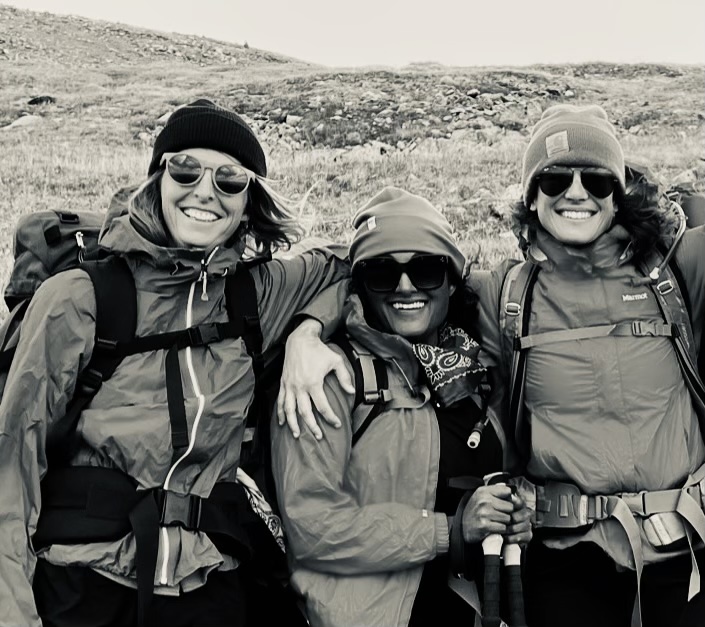
Katie Winter, Sarah Anjali Kurien, Megan Embers
This project is entitled fieldnotes: grief(case). We will explore the open spaces of Douglas County while exploring how to open ourselves up to a space for grief. On these adventures we will take with us an old green suitcase as a symbolic reminder that we all carry some grief within us. It is both a weight and a gift.
“I measure every Grief I meet
With narrow, probing, eyes –
I wonder if It weighs like Mine –
Or has an Easier size.”
(Emily Dickinson)
As we explore the county we will film the landscape, take pictures and write fieldnotes. We will combine these to create original pieces of art to share publicly. Along the way we will incorporate guiding resources that include poetry, essays, maps, and songs as well as current best practices in psychology. We define grief, defined as not just as death but by any loss – and directly defined by love.
Listening to Prairie: Conspiring with Plants
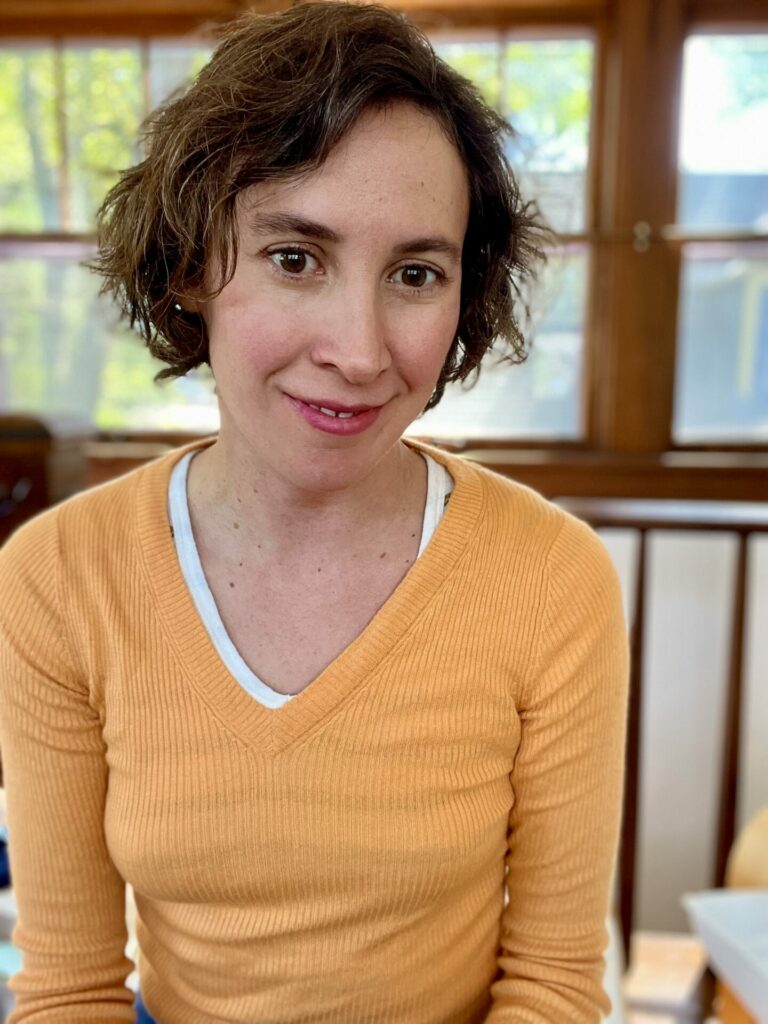
Megan Kaminski
What does it mean to escape wide-spread agricultural cultivation? What does it mean to see plants as collaborators and to give agency to non-human beings? This project is grounded in listening to plants, looking to them, and thinking about their call to place. Collaborating with the non-human co-inhabitants of Douglas County open space containing remnant prairie, with a special focus on native plants, Megan will create interactive, deep listening prompts, poems, and photographs geared toward opening our hearts towards sharing wonder and reciprocal love and joy with plants and other non-human co-inhabitants.
Making Space: A Flâneur’s Place-Based Paper Collages
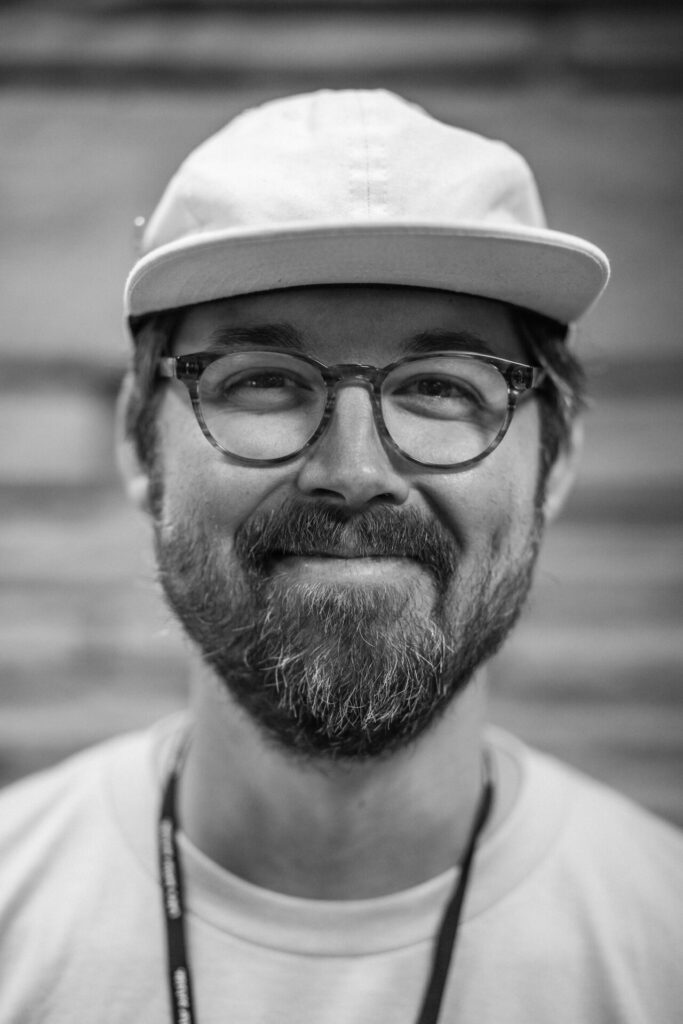
Jeremy Shellhorn
A flâneur is a term often associated with a person who strolls or wanders, observing life and their surroundings with a detached yet keen interest. The concept of the flâneur originated in 19th-century France and is seen as an individual who finds pleasure and inspiration in the act of observing one’s environment. Jeremy’s adventure project, “Making Space”, aims to celebrate these inspirational spaces where we can wander and where we can let our minds wander. The project is interested in including people who go outside and are not as inclined or able to bike, run, hike…Doesn’t matter how many steps you took, how many miles, how many calories burned or what your “time” is. The adventure definition I am expressing is one who goes outside and sees.
Wild Foods Adventure
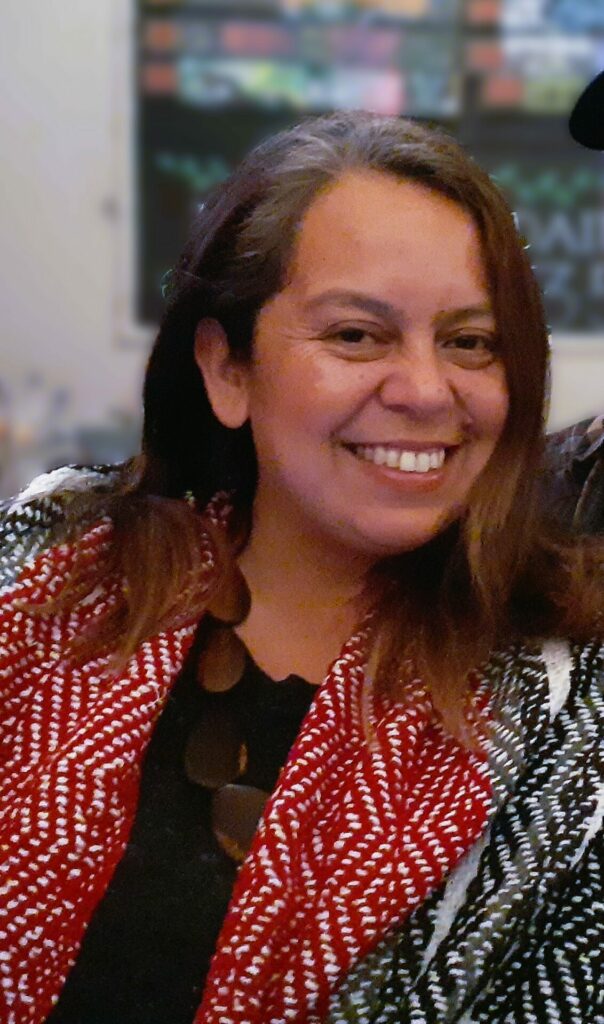
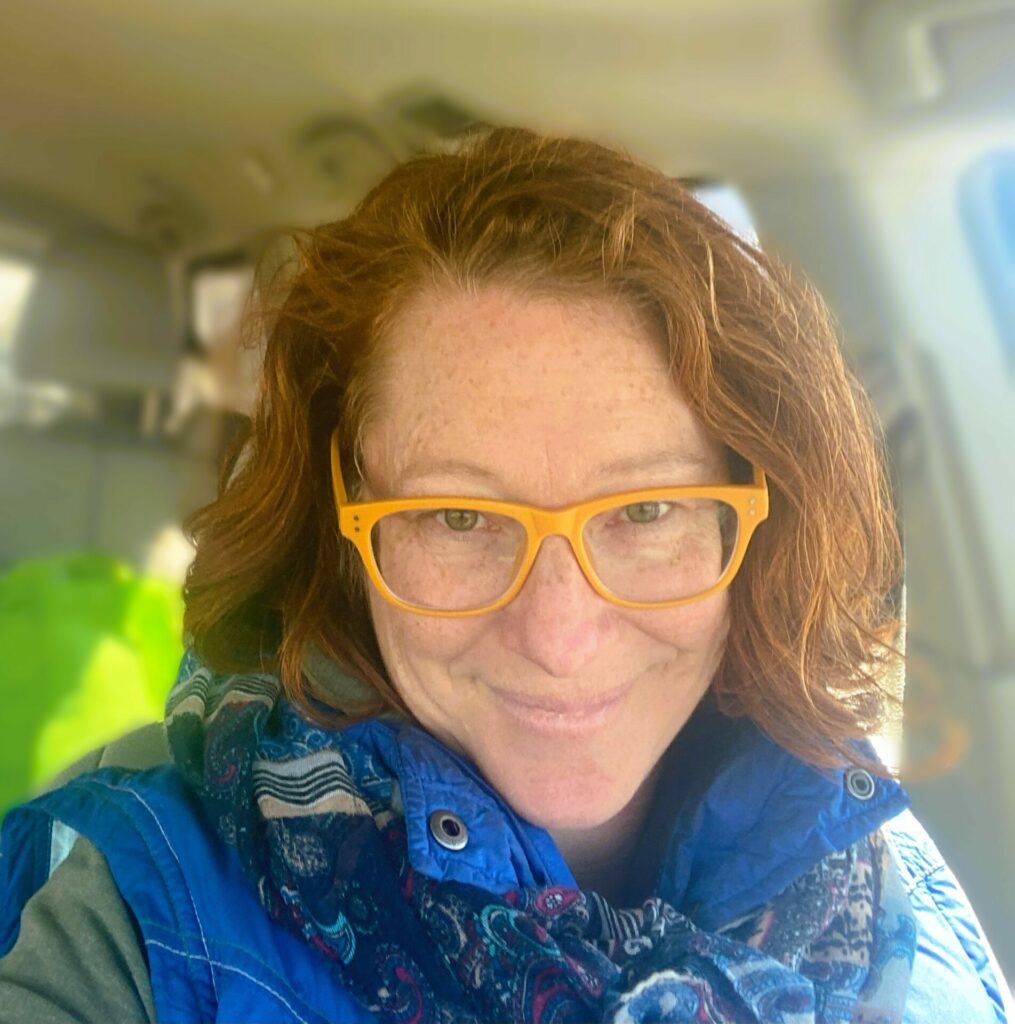
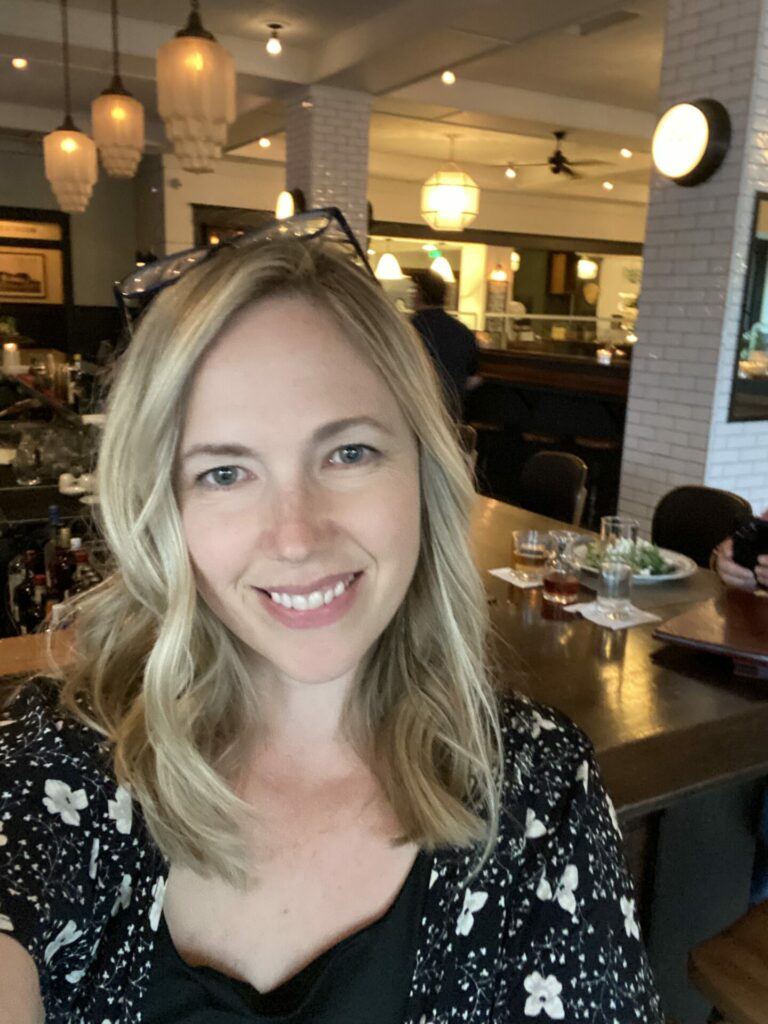
Katrina McClure, Raven Naramore, and Mishea Obiji
“It requires leaving the path” – This coloring cookbook/plant identification guide project by Raven Naramore, Mishea Obiji, Katrina McClure, and Lelani Sanchez will teach people that wild food is under their footsteps in places they already recreate. Foraging offers another way to interact with the landscape that is seasonal and intimate, slowing down the pace to enjoy the more subtle aspects of nature’s gifts. When looking for foraged foods, one must at times, stop and sit among the milkweed plants and look for monarch eggs before harvesting. When looking for morels there are lots of natural indicators that the time is right, like the opening of May apples, and the paw paw blossoms on the trees. It requires leaving the path.
785:Correspondence of Light and Dark
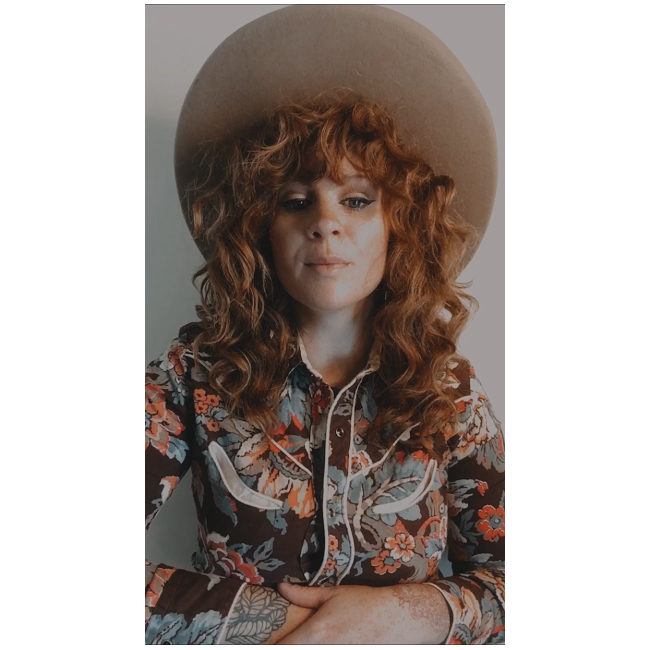
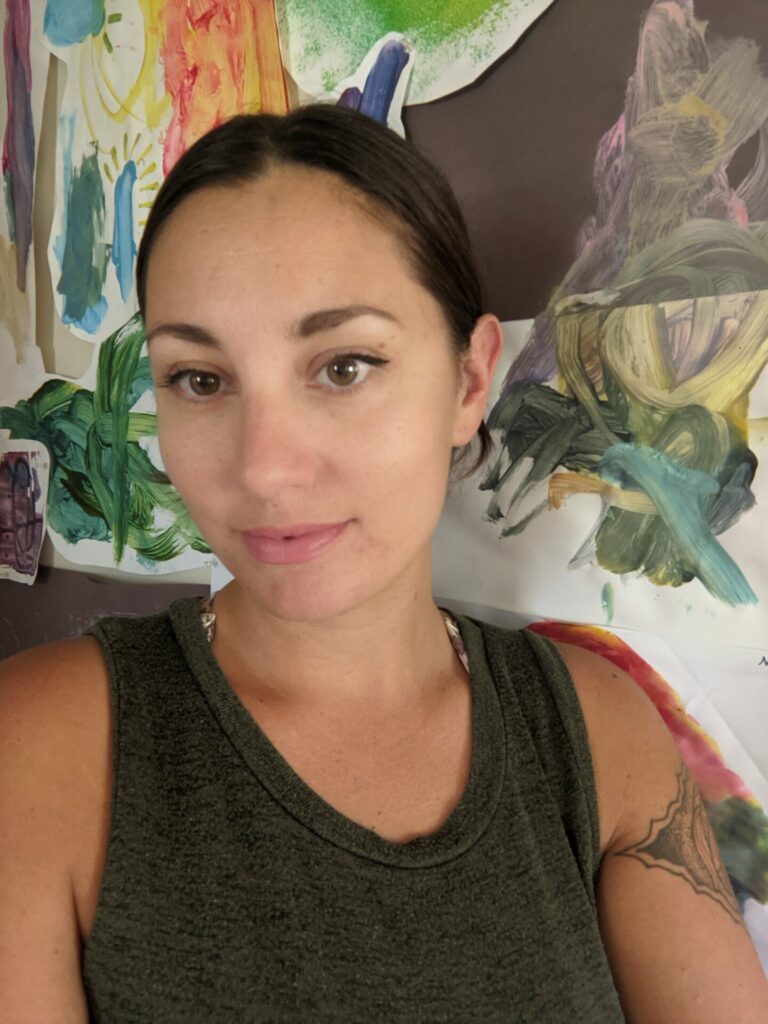
Alicia Kelly and Kali Deno
Oftentimes as humans, we interact with nature from the perspective of alpha. We perceive nature as something we can gain from and take without stopping to observe the lessons that lay before us. We see ourselves separate from the animals and plants. When these spaces are encroached upon or decimated we don’t feel a sense of loss on a personal level because we’ve severed our connection to our own animalistic nature.
Exploring Douglas County’s waterways and their adjacent open spaces, Alicia Kelly and Kali Deno will observe, connect and introduce these experiences through two large scale interactive pop up book pages, complete with sound and a digital element.
AgriCulture Film Tour
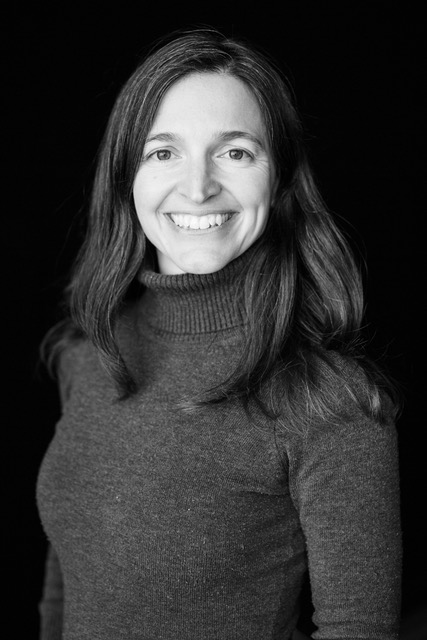
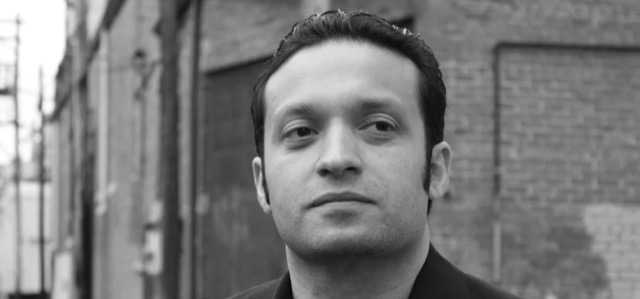
Marlo Angell and Peter Jasso
Inspired by the Kaw Valley Farm Tour, the AgriCulture Film Tour will involve video projections taking place in three different environments in open spaces. By caravanning through the open spaces, viewers will experience agritourism through the medium of film. The Video-Agro Tour invites community members to explore spaces that have not been traditionally associated with video art. While experimental film projections often exist in urban environments and traditional gallery spaces, three works by filmmakers Marlo Angell and Peter Jasso will be installed through temporary projection on surfaces and pop up screens out in agricultural areas.
Three Circles, Four Seasons: Collaborative Calendar Creation
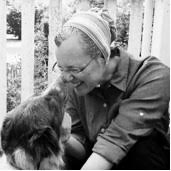
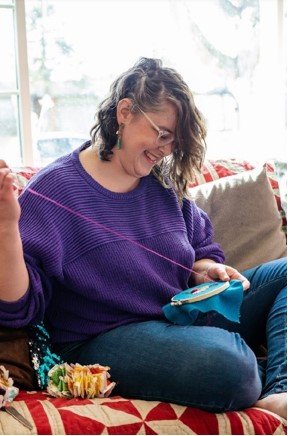
Natalya Lowther and Emily Hartford
“The value of open spaces extends far beyond those who personally visit them” – three teams of diverse explorers, interpreters, researchers, and designers will collaborate to create a calendar celebrating changing seasons at Pinwheel Farm in Douglas County. Within the project teams, participants will experience nature through each others’ perceptions, as well as their own. Building off of others’ experiences, and seeing how others build off of their own experiences, will enrich their experience of small Circles of nature. “An adventure need not be strenuous or time consuming and does not require special equipment, skills, or methods to enjoy and respond to nature. Open spaces can be small as well as large.”